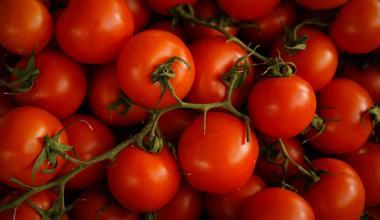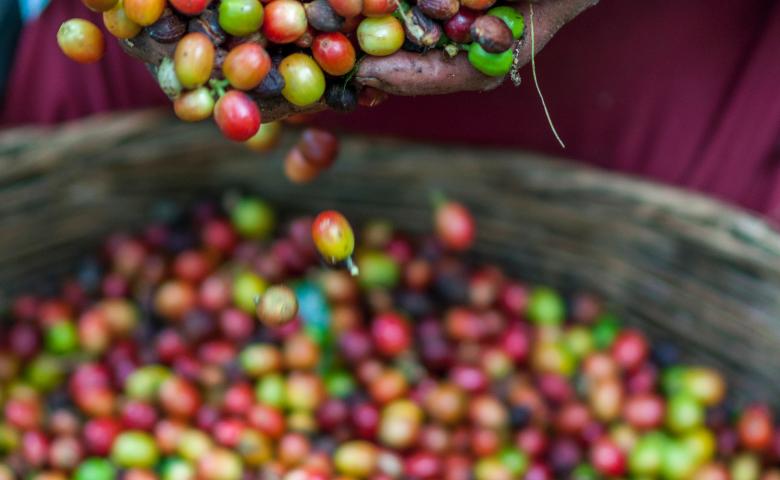Get detailed updates on the third webinar here!
The new European Union (EU) Regulation for organic farming and related secondary legislation, redefines the applicable rules for the thousands of certified organic smallholder groups worldwide.
The new requirements will require substantial changes to current practices by groups as well as control bodies in the Global South. Moreover, for the first time, the new EU Regulation allowed group certification in the European Union.
Many new grower groups and companies in Europe may start to set up Internal Control Systems and seek group certification by their local certification body, who have no or only very limited experience in the concept of grower group certification. Additionally, farmers and certification bodies both in the Global South and North experience big challenges in the interpretation of the EU regulation.
To address these challenges IFOAM - Organics International decided to take a leading role to organize, together with FIBL, several webinars about the Key Changes in EU regulation for Organic Producer Groups.
The first webinar took place on Zoom on 31 March 2022, from 15:00 to 16:30 CEST. It was presented in English by Florentine Meinshausen, the Project Manager, Department of International Cooperation, Research Institute of Organic Agriculture (FiBL), and moderated by Vladyslav Zhmailo, the Policy and Guarantee Coordinator, IFOAM - Organics International.
The same webinar, with some incremental changes, was held three times throughout the year to ensure that many participants got the information in case they missed out on one webinar.
Outline of the webinar:
-
The new EU Organic Regulation
-
Key changes Legal entity, composition & size of the group
-
Key changes ICS & organic production requirements
-
Key Changes in External Control
-
IFOAM - Organics International´s and FIBL´s project work in the field of group certification
This webinar was held within the OT4D project, which is financed by the Swiss State Secretariat for Economic Affairs SECO.


